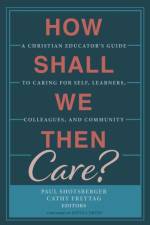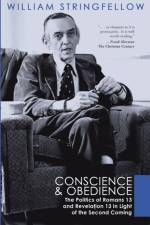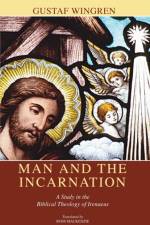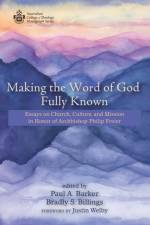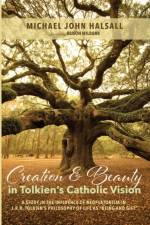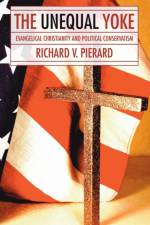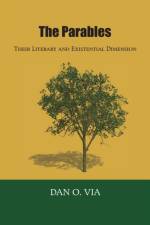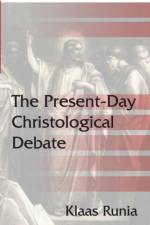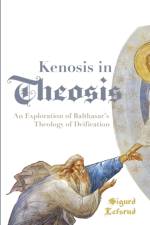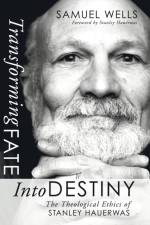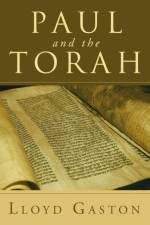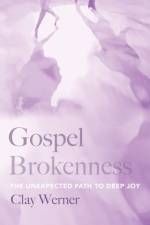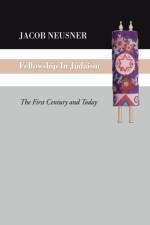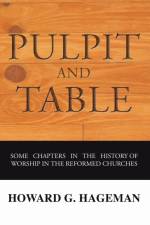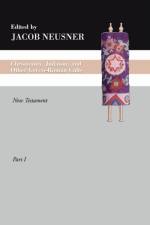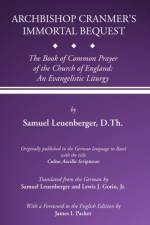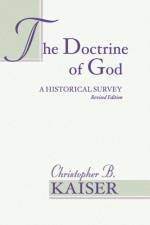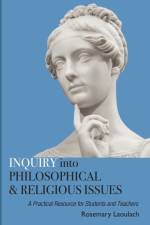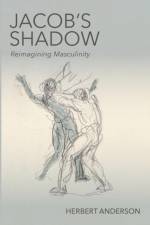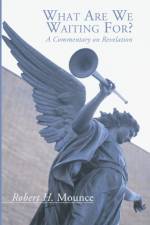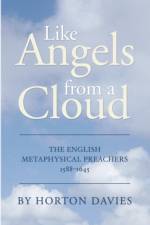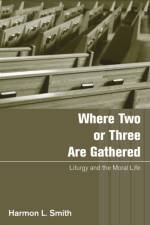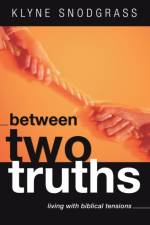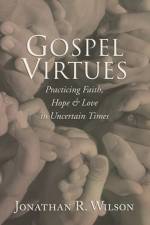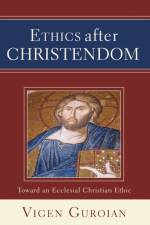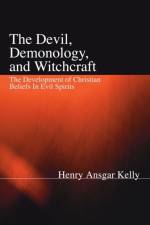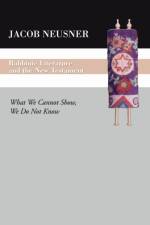- Their Literary and Existential Dimension
av Dan O Via
359,-
Via's book signals a major shift in the study of parables. . . . Via's theory of the parables, what they are and how they work, is different from every theory that preceded him, and his reviewers noted the uniqueness of his approach. --Charles W. Hedrick, author of 'Many Things in Parables: Jesus and His Modern Critics' Beginning in the 1960s scholarship on the parables became an American enterprise and has remained such. Robert Funk and Dan Via, independently of each other, instigated a new approach to the parables that was as revolutionary as Julicher's rejection of allegory. --Bernard Brandon Scott, author of 'Re-Imagine the World: An Introduction to the Parables of Jesus' Via's integration of a literary dimension into some sophisticated theological interpretation represents one of the more significant theoretical advances in recent biblical interpretation. --Robert Morgan, author, with John Barton, of 'Biblical Interpretation' The main purpose of this book is to interpret the parables 'in dialogue with aesthetic and (non-biblical) literary-critical thought' and by means of 'an existentialist hermeneutic.' Its excitement -- and this is an exciting book -- comes from the fact that the author brings to his task qualifications that are rare among interpreters of the parables. Moreover, these qualifications are probably attainable only in an academic, theological situation which is peculiarly American; and this book may therefore represent a wholly new and characteristically American kind of biblical scholarship . . . --Norman Perrin, author of 'Parable and Gospel' . . . The relation of this book to the demythologizing program and to the new quest of the historical Jesus will be obvious, and granting its presuppositions it is a distinguished contribution to both. It is executed with wide learning in the fields of biblical scholarship, aesthetic-literary criticism, and existentialist hermeneutics . . . --Regninald H. Fuller, author, with Daniel Westberg, of 'Preaching the Lectionary: The Word of God for the Church Today'

